
Canadian literature is the literature of a multicultural country, written in languages including Canadian English, Canadian French, Indigenous languages, and many others such as Canadian Gaelic. Influences on Canadian writers are broad both geographically and historically, representing Canada's diversity in culture and region.
Alice Ann Munro is a Canadian short story writer who won the Nobel Prize in Literature in 2013. Munro's work has been described as revolutionizing the architecture of short stories, especially in its tendency to move forward and backward in time. Her stories have been said to "embed more than announce, reveal more than parade."

Who Do You Think You Are? is a book of short stories by Alice Munro, recipient of the 2013 Nobel Prize in Literature, published by Macmillan of Canada in 1978. It won the 1978 Governor General's Award for English Fiction, her second win of that prize.
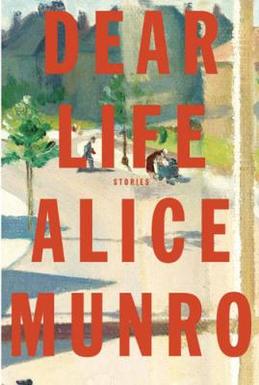
Dear Life is a short story collection by Canadian writer Alice Munro, published in 2012 by McClelland and Stewart.
"Boys and Girls" is a short story by Alice Munro, the Canadian winner of the Nobel Prize in Literature in 2013 which deals with the making of gender roles.

Tessa Jane Hadley is a British author, who writes novels, short stories and nonfiction. Her writing is realistic and often focuses on family relationships. Her novels have twice reached the longlists of the Orange Prize and the Wales Book of the Year, and in 2016, she won the Hawthornden Prize, as well as one of the Windham-Campbell Literature Prizes for fiction. The Windham-Campbell judges describe her as "one of English's finest contemporary writers" and state that her writing "brilliantly illuminates ordinary lives with extraordinary prose that is superbly controlled, psychologically acute, and subtly powerful." As of 2016, she is professor of creative writing at Bath Spa University.

The 2017 Nobel Prize in Literature was awarded to the British novelist Kazuo Ishiguro "who, in novels of great emotional force, has uncovered the abyss beneath our illusory sense of connection with the world." The prize was announced by the Swedish Academy on 5 October 2017.
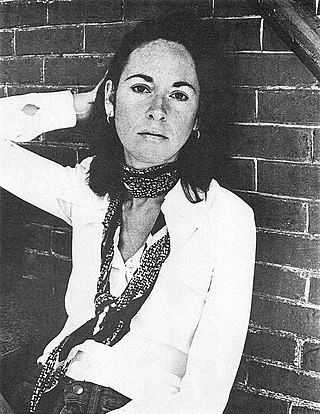
The 2020 Nobel Prize in Literature was awarded to the American poet Louise Glück who the Swedish Academy members praised "for her unmistakable poetic voice that with austere beauty makes individual existence universal." The winner was announced on October 8, 2020, by Mats Malm, permanent secretary of the Swedish Academy. She is the 13th Nobel laureate in Literature from the United States after 2016 laureate Bob Dylan and 1993 laureate Toni Morrison.

The 2022 Nobel Prize in Literature was awarded to the French author Annie Ernaux "for the courage and clinical acuity with which she uncovers the roots, estrangements and collective restraints of personal memory". It was announced by the Swedish Academy on 6 October 2022. Ernaux was the 16th French writer – the first Frenchwoman – and the 17th female author, to receive the Nobel Prize in Literature.

The 1938 Nobel Prize in Literature was the distinguished literary prize that was awarded to the American author Pearl S. Buck (1892–1973) "for her rich and truly epic descriptions of peasant life in China and for her biographical masterpieces." Buck was the first female American to be awarded the Nobel Prize and the third American recipient following Eugene O'Neill in 1936 and Sinclair Lewis in 1930. She was also the fourth woman to receive the prize.
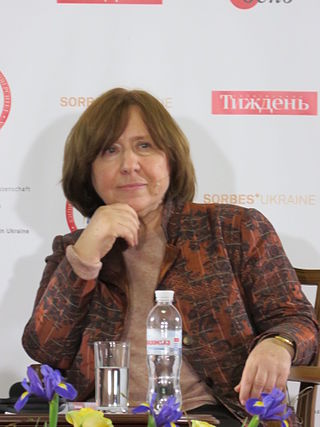
The 2015 Nobel Prize in Literature was awarded to the Belarusian journalist Svetlana Alexievich "for her polyphonic writings, a monument to suffering and courage in our time". She described as the first journalist and the first Belerusian national to receive the Nobel prize since December 10, 2015.
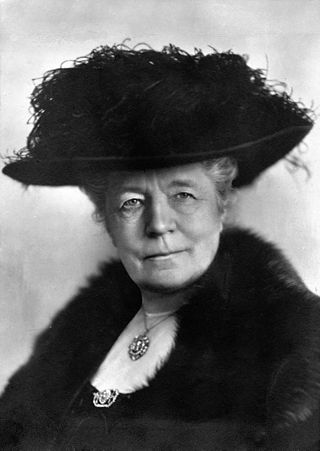
The 1909 Nobel Prize in Literature was awarded to the Swedish author Selma Lagerlöf (1858–1940) "in appreciation of the lofty idealism, vivid imagination and spiritual perception that characterize her writings." She became the first woman and first Swede to be awarded the prize.

The 1972 Nobel Prize in Literature was awarded to the German author Heinrich Böll (1917–1985) "for his writing which through its combination of a broad perspective on his time and a sensitive skill in characterization has contributed to a renewal of German literature." Böll is the fifth German author to be recipient of the prize.
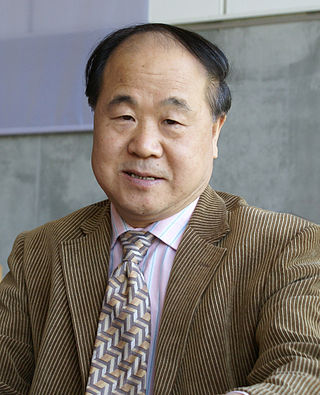
The 2012 Nobel Prize in Literature was awarded to the Chinese writer Mo Yan "who with hallucinatory realism merges folk tales, history and the contemporary." He is the second Chinese author to win the prize after the exiled Gao Xingjian.

The 2009 Nobel Prize in Literature was awarded to the Romanian-German author Herta Müller "who, with the concentration of poetry and the frankness of prose, depicts the landscape of the dispossessed." She is the ninth German-language writer to become a recipient of the prize after Günter Grass in 1999.

The 2007 Nobel Prize in Literature was awarded to the British novelist Doris Lessing (1919–2013) as "that epicist of the female experience, who with scepticism, fire and visionary power has subjected a divided civilisation to scrutiny." Lessing was the oldest person ever, at age 88, to receive the Nobel Prize in Literature followed by the German historian Theodor Mommsen, who received the prize at age 85. She is also the third-oldest Nobel laureate in any category. She became the 11th woman to be awarded the prize.

The 2004 Nobel Prize in Literature was awarded to the Austrian writer Elfriede Jelinek "for her musical flow of voices and counter-voices in novels and plays that with extraordinary linguistic zeal reveal the absurdity of society's clichés and their subjugating power." She is the tenth female and the first Austrian Nobel laureate followed by Peter Handke in 2019.

The 1996 Nobel Prize in Literature was awarded to the Polish poet Wisława Szymborska (1923–2012) "for poetry that with ironic precision allows the historical and biological context to come to light in fragments of human reality." Szymborska is the 9th female recipient and the 5th Nobel laureate from Poland after Czesław Miłosz in 1980

The 1993 Nobel Prize in Literature was awarded to the African-American novelist Toni Morrison (1931–2019) "who in novels characterized by visionary force and poetic import, gives life to an essential aspect of American reality." Morrison was awarded before the third novel of the Beloved Trilogy was published. She became the first black woman of any nationality and the second American woman to win the prize since Pearl S. Buck in 1938. She is also the 8th woman to receive the prize.

The 2003 Nobel Prize in Literature was awarded to the South African novelist John Maxwell Coetzee, better known simply as J. M. Coetzee, "who in innumerable guises portrays the surprising involvement of the outsider." He is the fourth African writer to be so honoured and the second South African after Nadine Gordimer in 1991.

















